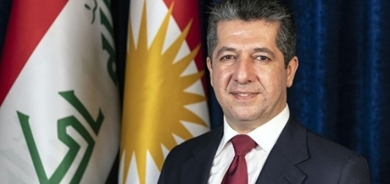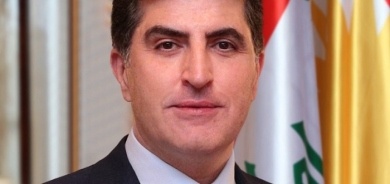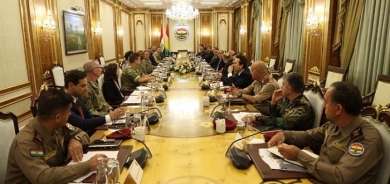TURKEY'S EVOLVING MISTAKES AND THE STATE OF THE KURDISH PROBLEM

Either formulation concerns or involves foreign and neighboring countries that have strategic and security concerns in Syria. They are somehow tied to each other by events, interests and alliances. What is Turkey doing?
Turkey started with the right foot at the advent of the so called “Arab Spring”. She supported democracy and democratic forces without taking sides among the forces of opposition. She began in the same fashion in Iraq until the elections held in 2010. From that point on Ankara got entangled with Sunni groups and adopted an obvious Sunni bias. Putting most of the political chips on the Muslim Brotherhood (Hamas and Hezbollah at times) swayed Turkey away from being a bipartisan actor and an element of reconciliation among conflicting sides. Turkey became a side in Middle Eastern politics. Now the Shiites of the region and the Nusayri or the Alawites of Syria see Turkey as an opponent. Unfortunately the feeling is mutual.
Considering that Turkey has not reconciled with its own (Turkish) Alawi population by denying a few basic human rights demands, it has made it harder to win the Arab Alawis of Syria and their sequel in Mersin and Hatay that are all Turkish citizens. This is the first foreign policy mistake Ankara has committed.
The second mistake is threatening the Syrian administration with new rules of military engagement and forcing it to pull its military forces from border areas with Turkey. Long behold, Syrian Kurds have filled in the vacuum and occupied Kurdish populated townships and administrative centers and declared a kind of self-rule. They have wowed to defend their newly won prize by force if necessary. This uncalculated conclusion surprised Turkey that had acted more emotionally than rationally.
Ankara’s emotional reaction led it to commit its third mistake: declaring that it will interfere if Kurds establish autonomous zones within Syria. This threat exposed a stark bias against the Kurds. While Ankara is encouraging Sunni autonomous enclaves within Syria created by Sunni militants partly trained in Turkey, Kurds are treated as an enemy in their pursuit of political status and self-rule. This partisan attitude condemns Kurds to either servitude to a dictatorial rule or to be devoid of legal status as equal citizens with full civic rights. This picture does not fit into the frame Turkey has presented all along as a developing democracy and a country of rule of law that respect basic human rights and political freedoms for all.
A fourth mistake Ankara is committing is not acknowledging the fact that a substantial portion of the Kurds resident in Syria are those or scions of people that have escaped pursuit and persecution following a sundry of Kurdish rebellions that took place after the declaration of the republic. So they are basically citizens of Turkey just as most of the Syrians in the ranks of the PKK. Now Turkey is threatening to strike another Kurdish population that is originally from Turkey in search of a better life. This may lead to the unification of all Kurds in the region and initiation of an ethnic warfare against Turkey. I personally doubt that a substantial part of the Turkish people will support such a comprehensive warfare that will be waged within and without that will drag Turkey back to what it was in the 1950s.
Prof. Dr. Doğu Ergil is a Professor of political Science in Fatih University \ Turkey, and also an expert on the Kurdish Question, and he is one of the well-known authors in Turkey.

 Doğu Ergil
Doğu Ergil






